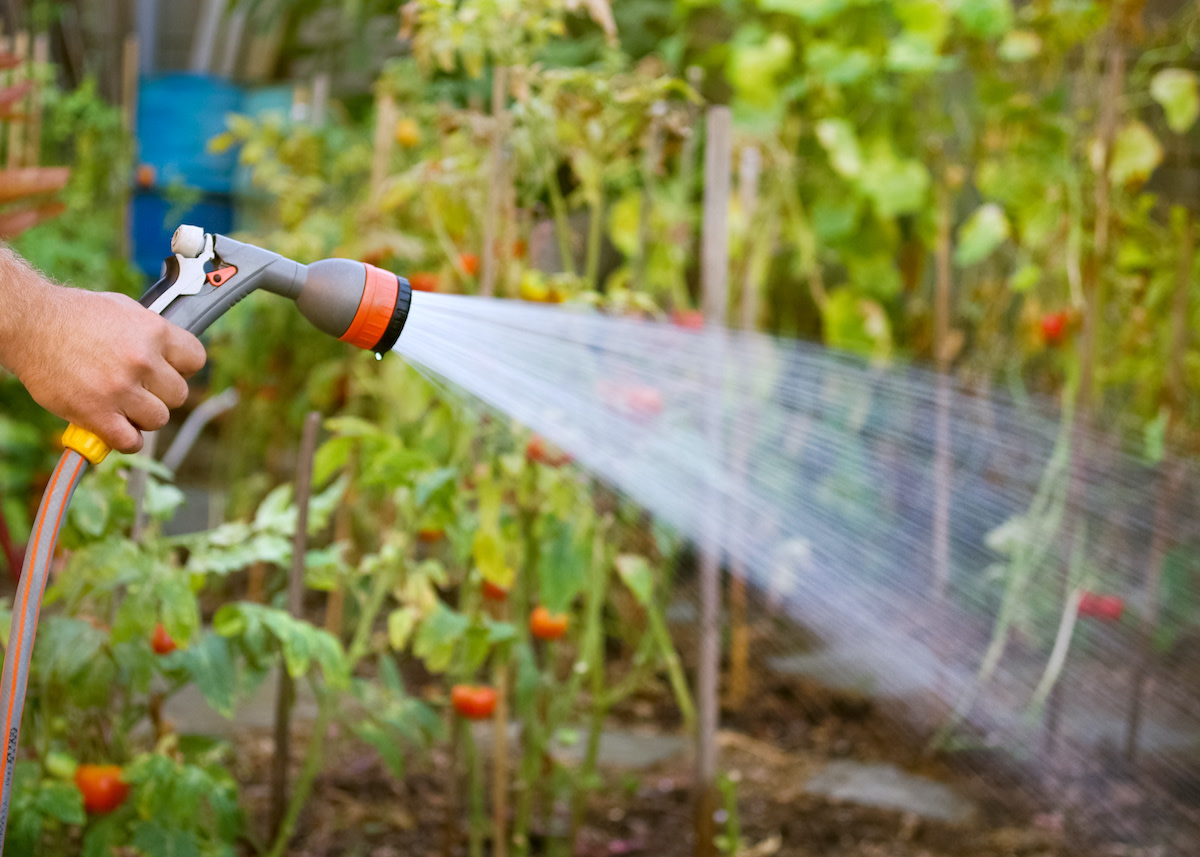Aphid Pest Control: 5 Natural Ways to Get Rid of Aphids
Written by MasterClass
Last updated: Jun 7, 2021 • 2 min read
Aphid infestations can lay waste to garden plants. Fortunately there are natural ways to fight back against these common pests and prevent new colonies from forming.
Learn From the Best
What Are Aphids?
Aphids are tiny insects that feed on sap and plant juices. Scientists have identified around 5,000 different species of aphids, all of which belong to the superfamily Aphidoidea. Green aphids (known as greenflies), black aphids, red aphids, farm aphids, woolly aphids (which resemble mealybugs), green peach aphids, and potato aphids are all common garden pests. Aphids can reproduce both sexually and asexually, which leads to exponential growth of aphid populations on host plants.
How to Identify Aphids
You can see aphids with the naked eye if you know where and how to look for them. Aphids eat a wide variety of plants, and they frequently rest on the undersides of leaves. Many aphid species thrive on leafy garden vegetable plants like broccoli and lettuce, where they can hide in crevices. Aphids are also attracted to new shoots on young plants.
To treat infestations properly, you’ll need to learn to distinguish aphids from other garden pests like spider mites, plant lice, and fungus gnats. These other insects tend to live in the root system of an infested plant, while aphids live on the aboveground parts, from the stems to the undersides of the leaves.
5 Natural Ways to Get Rid of Aphids
Aphid pest infestations can damage your plants, but if you act quickly, aphids are actually one of the easier insect pests to tackle. There are five safe ways to exterminate aphids.
- 1. Insecticidal soap: Insecticidal soap targets aphid eggs without being absorbed by plant leaves. You can make your own homemade soap spray using castile soap. To create your own soap solution, mix two and a half tablespoons of pure-castile liquid soap with one gallon of water. (Do not use grease-cutting dish soap.) You can also mix in two tablespoons of vegetable oil to improve adhesiveness. Pour this solution into a spray bottle, and mist the affected areas of your plant. If you don't have time to make a homemade aphid spray, you can also buy pre-made soap sprays to kill aphids.
- 2. Natural oils: Use organic neem oil or horticultural oil as an alternative to a soap spray. Spray the oil onto plants' leaves as you would homemade soap spray.
- 3. Diatomaceous earth: Also known as diatomite or DE, diatomaceous earth contains jagged particles that are deadly to aphids. You can dust aphids with this substance to quickly kill them. Be sure to purchase food-grade DE for your aphid problem; pool-grade DE also exists, but it can be harmful to humans.
- 4. Beneficial bugs: You can control aphids with their natural enemies. Damsel bugs, lacewings, parasitic wasps, ladybugs, big-eyed bugs, and hoverflies all prey on aphids. Create the conditions that attract beneficial insects like ladybugs, lacewings, wasps, and other natural predators to your garden, and see for yourself why these predatory insects are good bugs to have around.
- 5. A blast of water: Perhaps the simplest way to handle aphids is with a strong jet of water. While taking care not to damage the plant itself, use a strong spray of water to wash away parasitic aphids on leaves, shoots, and stems. Water may not be enough to tackle heavy infestations, but it’s sufficient if you catch the problem early.
Learn More
Grow your own food with Ron Finley, the self-described "Gangster Gardener." Get the MasterClass Annual Membership and learn how to cultivate fresh herbs and vegetables, keep your house plants alive, and use compost to make your community - and the world - a better place.
